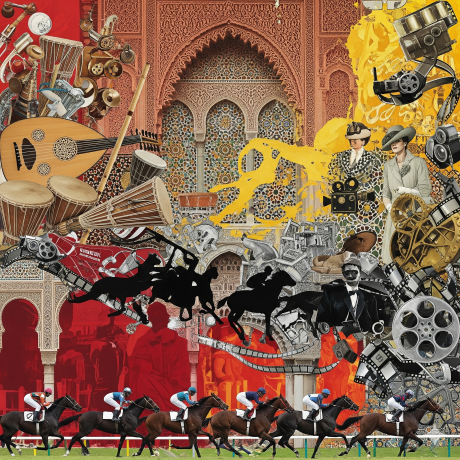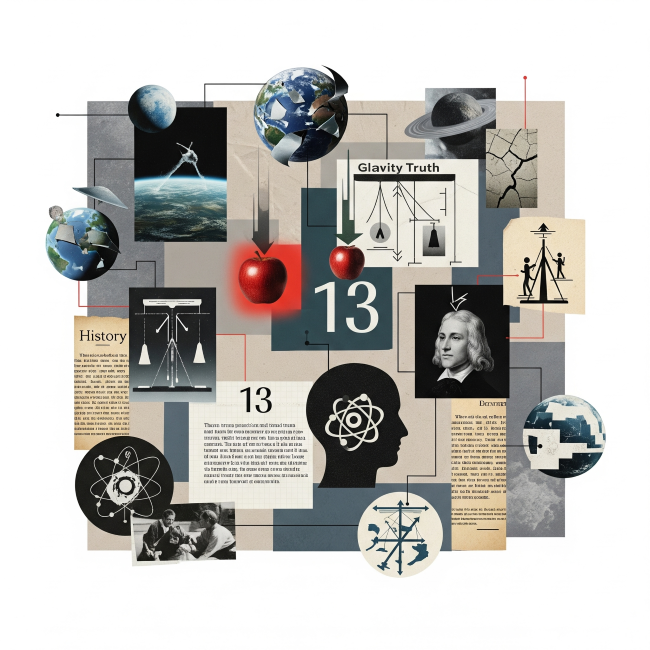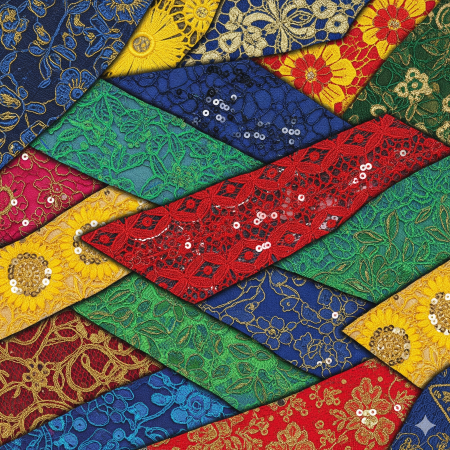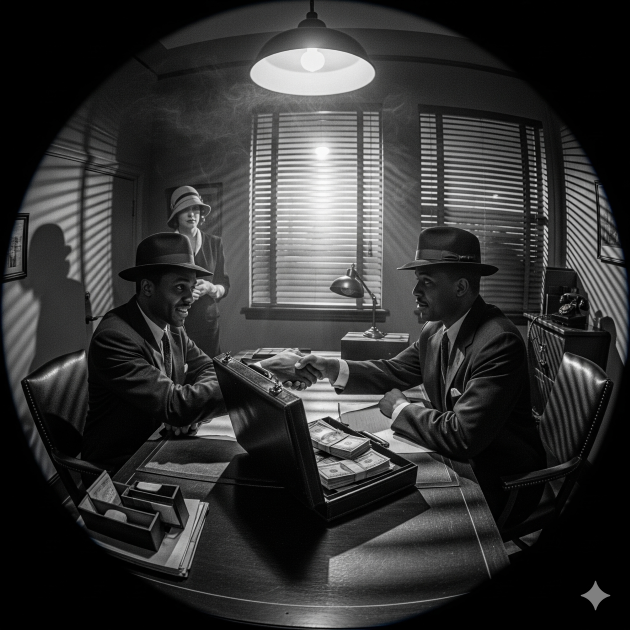Six African Novels And Their Album Twins
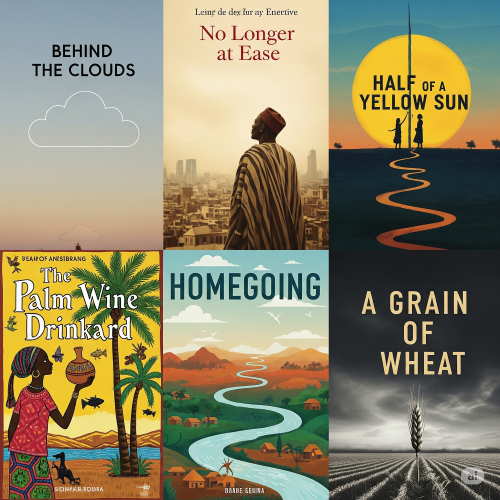
A good novel stays with you. A good album loops in your head. When the two speak the same emotional language, you get something more textured — a layered experience that draws you deeper into both. Below are six African novels and the albums that echo their rhythm, themes, and spirit. If you like reading with music on, these might be the pairings you didn’t know you needed.
1. Behind the Clouds by Ifeoma Okoye
Image Credit: Afribook Hub
In this quietly affecting 1982 novel, we follow the lives of a young Nigerian couple, Edu and Nnedi, whose marriage begins to strain under the weight of infertility. As they face cultural expectations and subtle social pressures, the story doesn’t shout, it unfolds gently, showing how suspicion, silence, and stigma can grow between people who love each other.
What makes it worth reading is how Okoye resists the usual dramatics. Instead, she focuses on the emotional interiors: the awkward silences, the uncomfortable glances, the personal rituals of coping. There’s a tenderness in the way these characters hope and keep hoping — even when mysterious forces appear to be against them.
The album of choice for this book would be Na Ba Ka by Jeremiah Gyang. The music here is reflective and deeply soulful. Blending Hausa folk elements with soft rock and gospel influences, Gyang’s sound captures the bittersweet ache of longing and faith.
His lyrics, often sung in Hausa and English, carry the emotional weight of devotion, patience, and quiet perseverance — the same undercurrents that shape Edu and Nnedi’s journey. Listen for the acoustic guitar, the gentle harmonies, and the sincerity in Gyang’s voice — they don’t demand attention, they offer presence.
2. No Longer at Ease by Chinua Achebe
Image Credit: Aniko Press
This is the story of Obi Okonkwo, a young Nigerian man returning from his studies in England to take up a civil service job in Lagos. He arrives full of idealism — ready to reject corruption, live by principle, and bridge the gap between the traditional world of his family and the modern Nigeria he's been trained to serve.
But slowly, the pressure mounts. Expectations from home, the quiet demands of the system, and the loneliness of not quite belonging anywhere begin to wear him down.
Achebe doesn’t sensationalize Obi’s fall, he just shows it, step by step, how the weight of compromise can feel ordinary until it crushes. It’s not loud or tragic in the usual sense. It's something sadder: familiar.
The album of choice for this book is Asa by Asa.Her voice is steady and clear, her sound a seamless blend of soul, folk, and Afro-pop. The lyrics carry the same tension the novel does — between hope and reality, between dreaming big and confronting limitations. Songs like “Jailer” and “Subway” glide easily, but there’s often a subtle ache underneath.
Asa, like Achebe, understands that disappointment doesn’t always shout. Sometimes it just sighs, softly,
3. Half of a Yellow Sun by Chimamanda Ngozi Adichie
Adichie weaves together the lives of three main characters, Ugwu, a houseboy with a curious mind; Olanna, an upper-class academic navigating love and war; and Richard, a British writer trying to belong in a place that doesn’t need him. Together, they live through the lead-up and devastation of the Biafran War.
What stands out is how much detail Adichie gives to the everyday: food being prepared, a sentence in a letter, the way someone dresses before a guest arrives. But slowly, these small things give way to a much bigger portrait — of war, loss, pride, and reinvention.
The album of choice is Petite Afrique by Somi. It’s jazz-infused, but with a global touch. Horns slide in and out, the bass moves gently but deliberately, and the vocals feel both polished and personal. The songs are layered and multilingual, English, French, Swahili — echoing the mix of cultures and lives in the book.
Image Credit: Penguin Books
This is a sweeping, ambitious novel that begins with two half-sisters in 18th-century Ghana. One is sold into slavery, the other is married to a British officer. From there, the story traces their descendants across centuries and continents.
Each chapter introduces a new voice in the family line, weaving a tapestry of lives shaped by colonization, displacement, and quiet resilience. By the end, you haven’t just read about history; you’ve experienced it through generations, not as a series of dates, but as something carried in memory, language, and blood.
The novel is impressive in scope, but what makes it memorable is the intimacy. Gyasi knows how to sketch out a whole life in a few pages. Each voice feels distinct, each chapter emotionally sharp.
The album of choice for this journey is Everyone’s Just Winging It and Other Fly Tales by Blinky Bill. The music is experimental but grounded; electronic beats, funk riffs, and unexpected rhythms that feel modern but rooted. The album jumps across styles with ease, just like the book moves across generations.
Listen for the polyrhythms and shifting tempos, they match the novel’s pace and unpredictability.
5. The Palm-Wine Drinkard by Amos Tutuola
Image Credit: A Read Black Girl
A man’s beloved palm-wine tapster dies, and he sets out to the land of the dead to find him. What follows is a long, surreal journey through strange lands, talking creatures, and dream logic. The language is loose and oral — it feels closer to being told than being written.
You don’t read this novel for plot; you read it for its texture. It’s full of folklore, humor, odd logic, and an undercurrent of spiritual searching. It’s not polished, but that’s the point.
The album of choice isSavane by Ali Farka Touré. Touré’s music is minimal, guitar-led, and hypnotic. There’s no rush in his playing, just circular riffs that slowly pull you in.
The sound feels ancient and modern at once, much like Tutuola’s wandering tale. Listen for the steady rhythm, the warm repetition — it’s music that travels without a destination.
6. A Grain of Wheat by Ngũgĩ wa Thiong’o
Image Credit: Good Reads
Set in the days leading up to Kenya’s independence, this novel unpacks the emotional cost of freedom. In a single village, characters wrestle with betrayal, guilt, sacrifice, and shame all against the backdrop of colonial withdrawal. Everyone has a past they’re not fully telling.
Ngũgĩ doesn’t write in broad strokes. He writes like someone peeling something apart, piece by piece. What emerges is less a history lesson and more a meditation on what it means to be free, and what it costs.
The album of choice is Danger by the Lijadu Sisters. Their harmonies are tight, the groove is consistent, and there’s a calm confidence in the music. It’s funky, yes, but it’s also serious. The production is clean, the lyrics often layered with subtext. Like the novel, it carries tension without ever ruining it.
You may also like...
Explosive Racism Claims Rock Football: Ex-Napoli Chief Slams Osimhen's Allegations

Former Napoli sporting director Mauro Meluso has vehemently denied racism accusations made by Victor Osimhen, who claime...
Chelsea Forges Groundbreaking AI Partnership: IFS Becomes Shirt Sponsor!

Chelsea Football Club has secured Artificial Intelligence firm IFS as its new front-of-shirt sponsor for the remainder o...
Oscar Shockwave: Underseen Documentary Stuns With 'Baffling' Nomination!
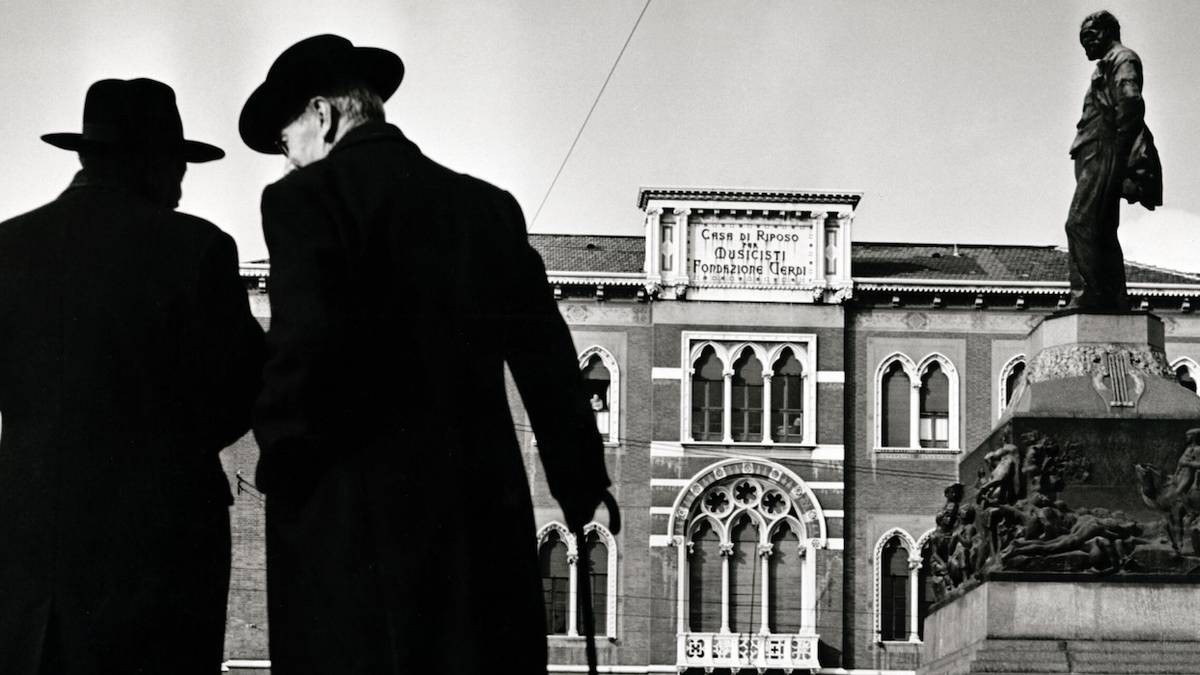
This year's Academy Awards saw an unexpected turn with the documentary <i>Viva Verdi!</i> receiving a nomination for Bes...
The Batman Sequel Awakens: Robert Pattinson's Long-Awaited Return is On!

Robert Pattinson's take on Batman continues to captivate audiences, building on a rich history of portrayals. After the ...
From Asphalt to Anthems: Atlus's Unlikely Journey to Music Stardom, Inspiring Millions

Singer-songwriter Atlus has swiftly risen from driving semi-trucks to becoming a signed artist with a Platinum single. H...
Heartbreak & Healing: Lil Jon's Emotional Farewell to Son Nathan Shakes the Music World

Crunk music icon Lil Jon is grieving the profound loss of his 27-year-old son, Nathan Smith, known professionally as DJ ...
Directors Vow Bolder, Bigger 'KPop Demon Hunters' Netflix Sequel

Directors Maggie Kang and Chris Appelhans discuss the phenomenal success of Netflix's "KPop Demon Hunters," including it...
From Addiction to Astonishing Health: Couple Sheds 40 Stone After Extreme Diet Change!

South African couple Dawid and Rose-Mari Lombard have achieved a remarkable combined weight loss of 40 stone, transformi...

